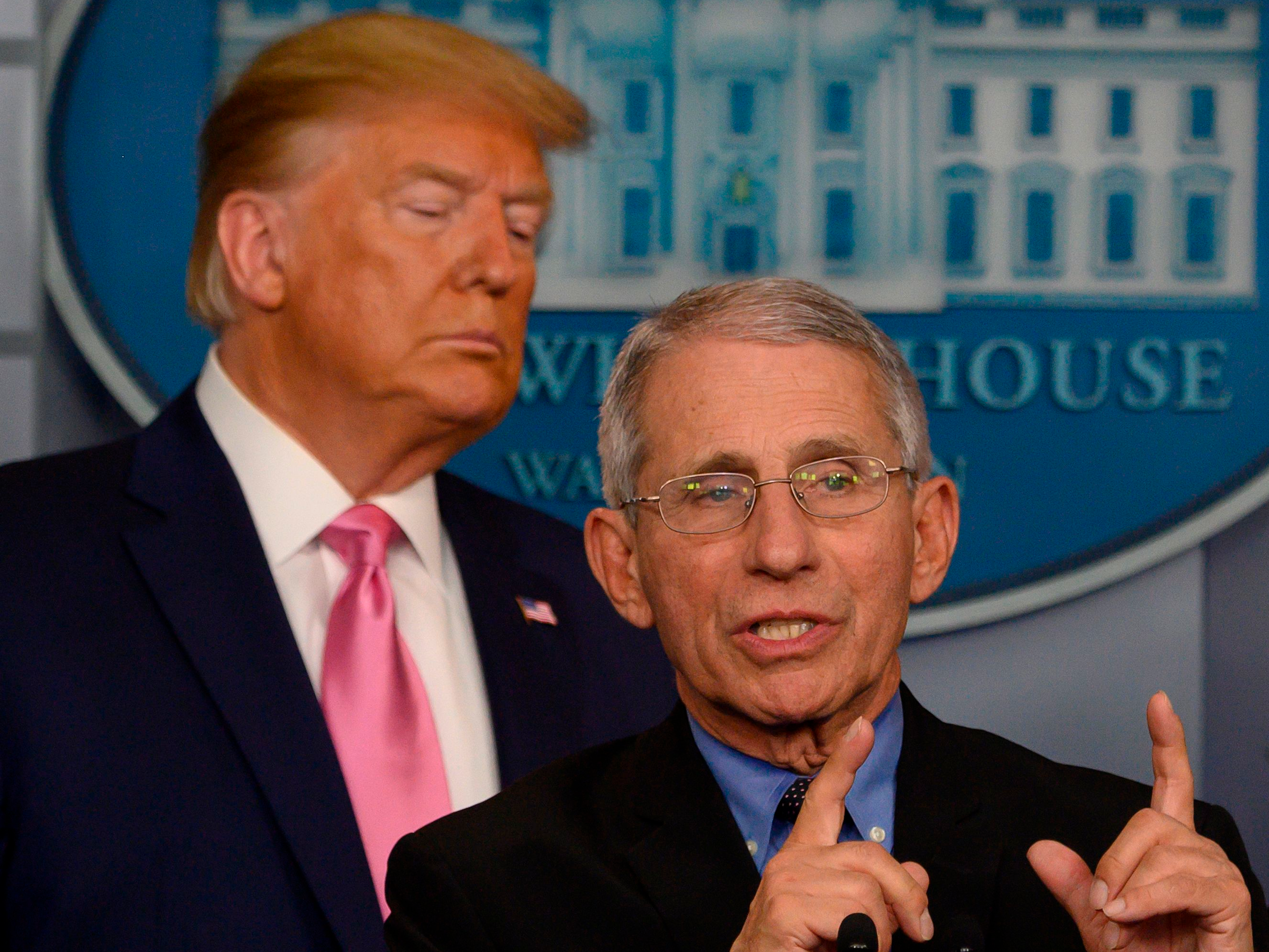- The Trump administration reportedly barred Anthony Fauci, one of the US’ top experts on infectious disease, from speaking publicly about the coronavirus without approval.
- Fauci has tackled the AIDS and Ebola epidemics. He’s been director of the US National Institute of Allergy and Infectious Diseases since 1984.
- Some of Fauci’s statements about the coronavirus have been at odds with claims from President Trump, who has said the illness will disappear.
- It’s not first time the Trump administration has muzzled scientific experts.
- Visit Business Insider’s homepage for more stories.
Anthony Fauci has been the director of the US’ National Institute of Allergy and Infectious Diseases (NIAID) for 36 years. He guided the US through the AIDS and Ebola epidemics, and is now helping to lead the response to the new coronavirus outbreak.
But the Trump administration has reportedly barred him from speaking about the virus without clearance from the White House, according to The New York Times.
The coronavirus has killed nearly 3,000 people and infected 83,800. It has spread from China to more than 55 other countries.
Although Trump said the US is “rapidly developing a vaccine” for the coronavirus and “will essentially have a flu shot for this in a fairly quick manner,” Fauci has estimated that we’re between a year and a year-and-a-half away from a vaccine. Trump also expressed optimism that COVID-19 – the disease the virus causes – will disappear, but Fauci has suggested the world is on the brink of a pandemic.
In an apparent bid to exert more control over the messaging around this public-health crisis, The Times reported, the administration instructed Fauci "not to say anything else without clearance." A NIAID spokesperson told Business Insider that "this is not true," however.
Still, the Trump administration has a history of muzzling scientific experts. In the last four years, the White House has prevented meteorologists from discussing hurricane forecasts, Health and Homeland Security staff from commenting on gun violence after mass shootings, and US Geological Survey scientists from mentioning climate change.
Here are some examples of the Trump administration's attacks on science, which have often come in the midst of public crises.
As Hurricane Dorian barreled through the Caribbean on September 1, Trump incorrectly tweeted that the storm would hit Alabama. He later displayed a forecast map that had been doctored with a sharpie to include Alabama — information at odds with National Weather Service's prediction.
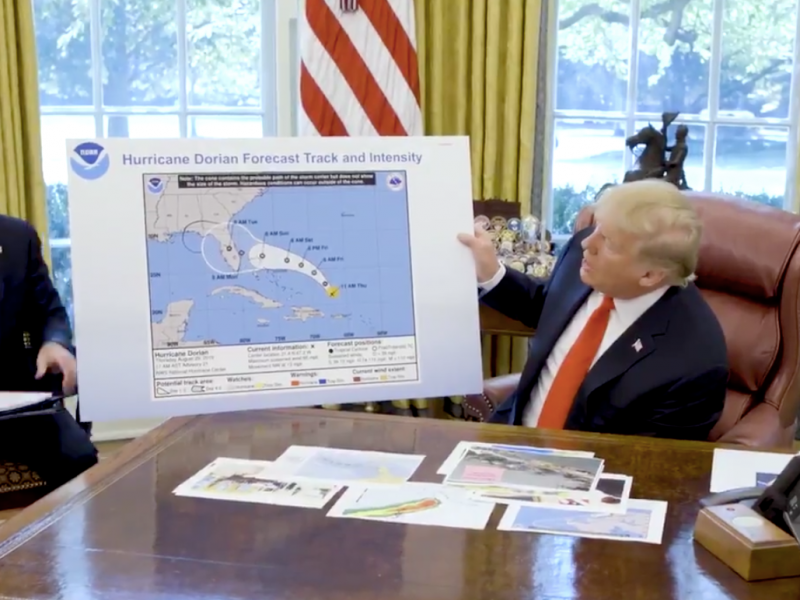
After National Weather Service forecasters took to social media to correct Trump's mistake, the National Oceanic and Atmospheric Administration (NOAA) issued a memo that disavowed the statements disputing the president's claims.
NOAA then released a statement supporting Trump's claims and refuting its own previous forecasts.
That dramatic reversal, according to The New York Times, came about because White House Chief of Staff Mick Mulvaney told Secretary of Commerce Wilbur Ross to ensure that NWS forecasters didn't contradict the president. Ross threatened to fire top NOAA officials if they didn't tamp down on the forecasters' comments.
Following back-to-back mass shootings in El Paso, Texas and Dayton, Ohio, last year, staff at the Department of Health and Human Services were told to get approval before posting anything on social media related to mental health, violence, or mass shootings.
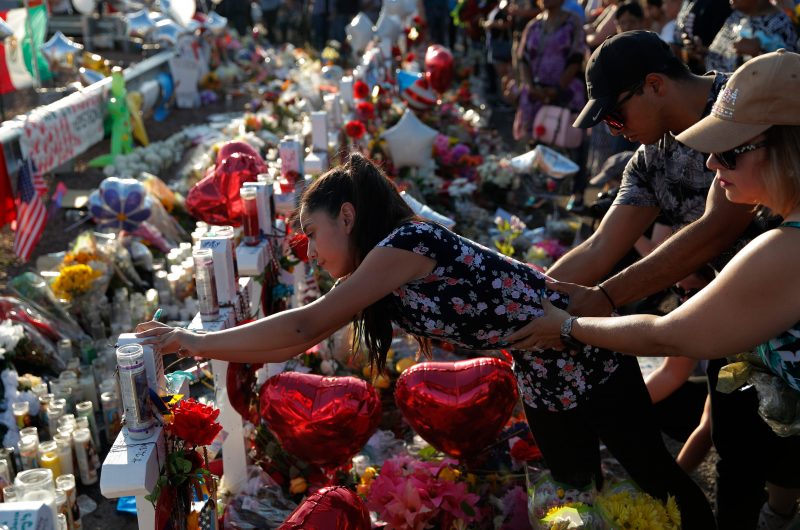
Trump linked gun violence to mental illness at the time: "Mental illness and hatred pulls the trigger, not the gun," he said.
But research suggests Trump's comment was bogus. Mental-health issues are not predictive of violent outbursts: Although as many as one in five people in the US experience mental illness every year, people with serious mental-health problems account for just 3% of all violent crime.
In November, the Environmental Protection Agency proposed a rule that would require scientists to make their data public to the agency before their findings could be used in EPA policy decisions about public health.
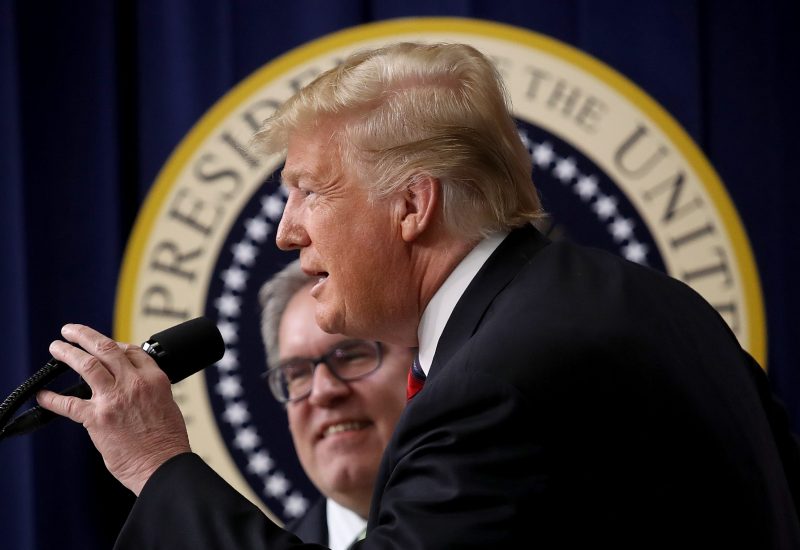
That would cripple clean air and water regulations, CNN reported, because those public-health policies are rooted in studies that utilize confidential health records or disclosures.
According to The New York Times, the proposal would also retroactively halt the further use of research already referenced by the EPA if scientists didn't make that data public (including confidential medical records).
When a Department of Agriculture scientist's 2018 research revealed that rising carbon emissions will make rice less nutritious, the Trump administration questioned the findings then tried to minimize media coverage.

The USDA not send out a press release about the research, and they also declined to give the researcher, Lewis Ziska, permission to do media interviews.
Ziska had worked at the USDA for two decades, but he left his post in 2019, according to Politico.
In March 2019, US Geological Survey research found that sea-level rise and flooding will impact 600,000 Californians and cause $150 billion in property damages by 2100. But the accompanying press release downplayed that information.
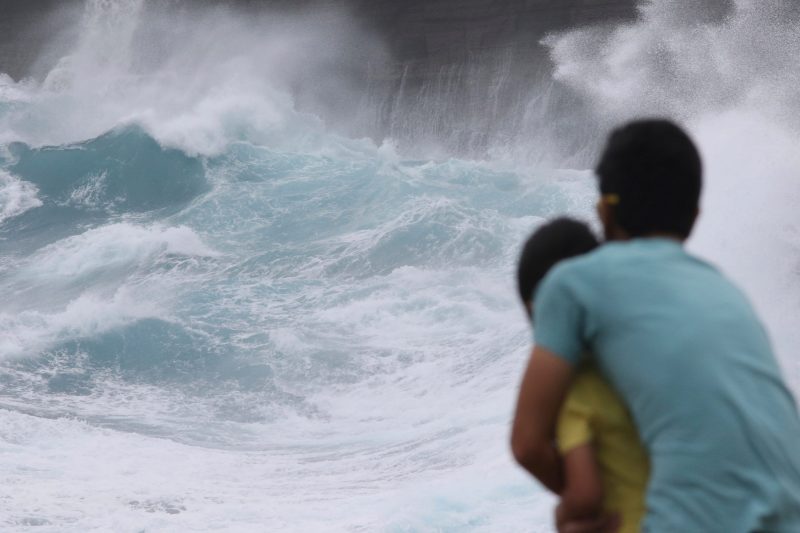
The press release accompanying the study didn't include the expected costs of rising sea levels at all.
"An earlier draft of the news release, written by researchers, was sanitized by Trump administration officials, who removed references to the dire effects of climate change after delaying its release for several months, according to three federal officials who saw it," E&E News reporter Scott Waldman, who broke the news, wrote.
One anonymous federal researcher reportedly told Waldman: "It's been made clear to us that we're not supposed to use climate change in press releases anymore. They will not be authorized."
"Climate change" isn't the only phrase the Trump administration has censored. Two years ago, the administration prohibited the Centers for Disease Control and Prevention from using the words "vulnerable," "entitlement," "diversity," "transgender," "fetus," "evidence-based," and "science-based" in 2018 budget documents.
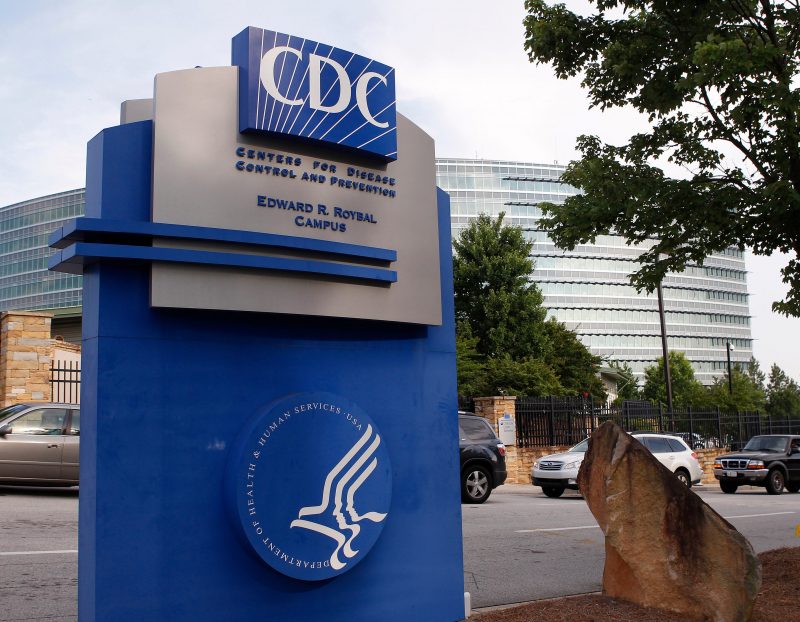
According to the Washington Post, CDC staff was told to use language like "science in consideration with community standards and wishes," in lieu of "science-based."
In 2017, Department of Interior officials deleted sections of a letter detailing how President Trump's proposed border wall with Mexico would harm wildlife.
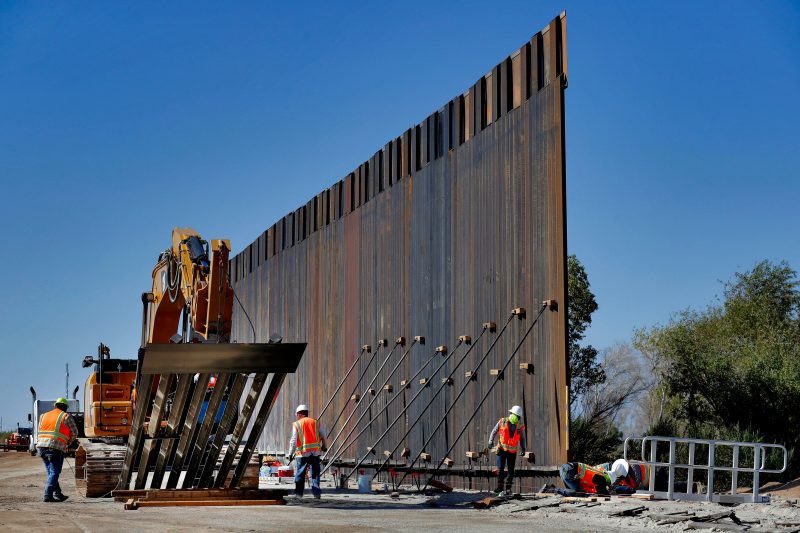
The letter came from scientists at the Fish and Wildlife Service and was sent to the Customs and Border Protection.
According to the Union of Concerned Scientists, the letter brought up scientifically valid concerns about the potential impact of the border wall on endangered species that live along the border.
The National Park Service also muzzled employees last year.
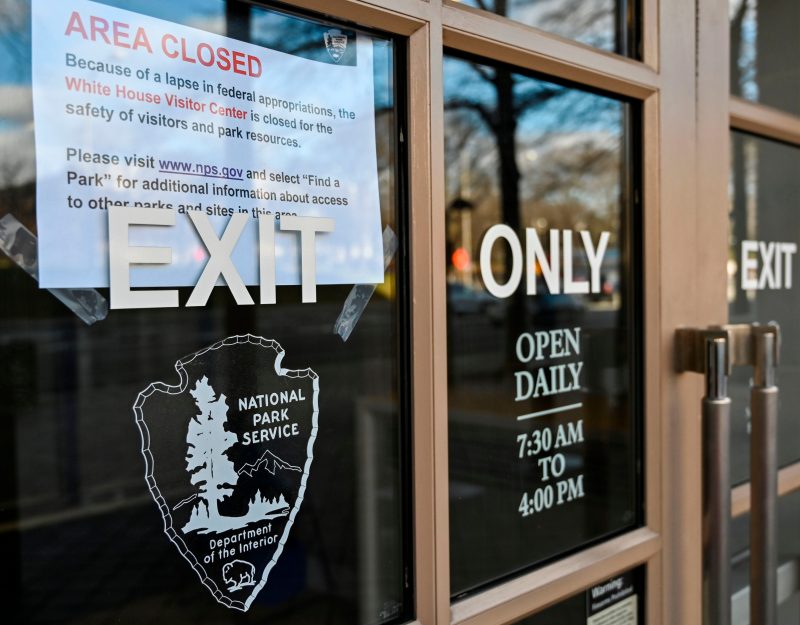
The acting deputy director of the Park Service, David Vela, told workers last summer that they had to check in with their supervisors in the Capitol before commenting to other federal agencies on issues related to gas and oil drilling.
Critics of the memo said it was an effort to prevent park staff from voicing opposition to development and drilling on federal public lands.

